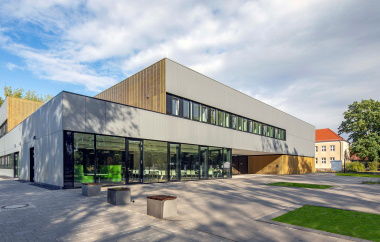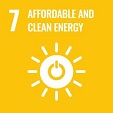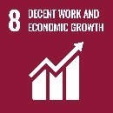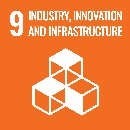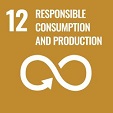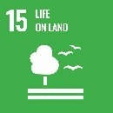The current state of planetary boundaries, limited available resources, and major challenges such as global health, climate change, loss of land and ecosystems, and growing populations require circular approaches and a more efficient use of resources. One important building block for this is a bio-based circular economy: A circular, diverse, innovative and sustainable bioeconomy produces healthy food for all, operates based on renewable raw materials, and ensures the health of humans, animals and the environment alike. Combining high-level basic research with a strong application orientation, the Leibniz Institute for Agricultural Engineering and Bioeconomy (ATB) develops digital technologies and management strategies to control these processes in a knowledge-based, temporally and spatially differentiated and increasingly automated manner. The adaptable, site-specific concepts for a bio-based circular economy developed at ATB contribute to meeting the global challenges of food security, climate and environmental protection on a local and individual level. The institute conducts research in dialogue with society and for society - knowledge-motivated and application-inspired. ATB is researching at the interface of biological and technical systems along three main research programs.
Precision farming in crop and livestock production: Technological and process engineering research in the field of primary production of plant biomass and livestock management - from sensor-based data acquisition and analysis using data science methods, to modeling and the development of an optimized process management in terms of the One-Health concept.
Quality and safety of food and feed: Development of tailor-made physical, physico-chemical and/or biological methods of processing and storage of fresh food products (e.g. fruit, vegetables, cereals, feed silage, meat) and functional food components from alternative bioresources (e.g. hemp, insects). The aim is to ensure food safety and minimise losses in the post-harvest chain - from primary production to consumption.
Material and energetic use of biomass: Development of efficient technologies and processes for the site-specific production of non-food biomass and for the utilization of biogenic resources on the basis of coupling and cascade utilization concepts, including biomass processing and conversion into biobased materials and energy sources - such as biogas, biochar and biobased chemicals for the production of bioplastics.
ATB conducts its research in interdisciplinary teams that cover a broad spectrum of methods from the natural sciences, engineering and economics, and cooperate with leading research groups worldwide. With its 250 employees, ATB aims to create new knowledge that drives technological solutions and innovation opportunities to advance more sustainable and competitive agricultural, food and bioeconomy systems. ATB is member of the Leibniz Association (WGL), an alliance that connects 97 independent non-university research institutions that range in focus from natural, engineering and environmental sciences to economics, spatial and social sciences and the humanities. Leibniz Institutes, with around 10,000 scientists, address issues of social, economic and ecological relevance.
The research and work of ATB mainly contributes to the Sustainable Development Goals 1, 2, 3, 7, 8, 9, 12, 13, 15, and 17:





